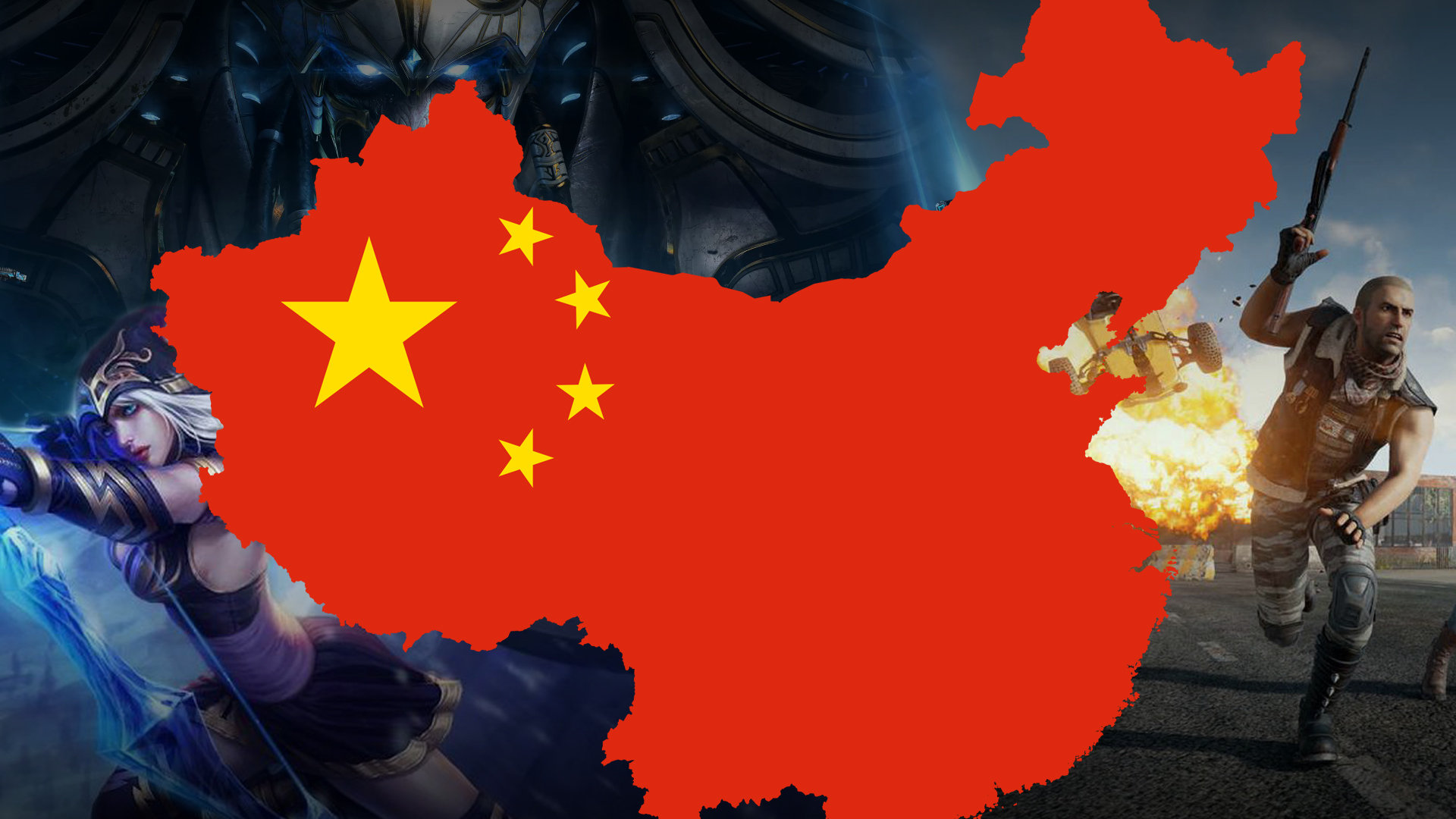213 Chinese game companies say they'll 'strictly abide' to government's overarching rules on gaming
Facial recognition software to limit playtime is just the tip of the iceberg.

The Chinese government has always kept a wary eye on videogames, but in recent times it has moved to assert control over the industry. In August, the Chinese Communist Party announced new regulations which limit when and for how long people under the age of 18 are allowed to play online games, as well as requiring real name registration for all players. It has also slowed the approval process for new online games in order to, per a source, "cut the number of new games" and "reduce gaming addiction."
As the Chinese government proudly declares on its own English-language platform, it is further insisting that the contents of games be regulated: "Obscene and violent content and those breeding unhealthy tendencies, such as money-worship and effeminacy, should be removed."
Don't think of this as some abstract bureaucracy: China summoned some of its biggest game developers and publishers together in September and 'urged' them, in no uncertain terms, "to break from the solitary focus of pursuing profit or attracting fans and other erroneous tendencies, and change game rules and designs inducing addictions."
Following these developments the CGIGC, basically a state-backed game developers' association affiliated to the Chinese gaming regulator, has today issued a statement signed by 213 Chinese gaming companies, including Tencent (the biggest game publisher in the world) and NetEase. It pledges to regulate the industry in the manner requested by the government, to the extent of further implementing facial recognition technology to stop youngsters playing illicitly.
The statement says the signatories will cut out any content that distorts history or promotes "effeminate" behaviour. Going beyond even these, it says the companies will actively work to prevent breaches of the Chinese government's rules, including stopping the use of foreign gaming platforms.

A machine translation of a section of the statement says the companies will: "Strictly abide by the bottom line of content security, and resolutely prohibit politically harmful, nihilistic, filthy, pornographic, gory, terrorist, and other illegal content; resolutely resist money worship and other bad cultures; [...] change various rules and gameplay designs that induce players to indulge; resolutely resist bypassing the regulatory mechanism and domestic users accessing services through overseas game platforms."
The facial recognition element comes in thanks largely to Tencent, which this year rolled-out technology which is euphemistically dubbed 'Midnight Patrol.' The purpose of it is to stop cunning youngsters from using their parents' logins to get a bit of extra gaming time. I'm sure the makers of this are great fun at parties.
Keep up to date with the most important stories and the best deals, as picked by the PC Gamer team.
From one side this is entirely unsurprising: when the Chinese government says jump, the only realistic option for any Chinese company is to ask how high. And there is always the slight fudge, even in an authoritarian regime, of how rules are written versus practical reality. Make no mistake, however: the Chinese government has gaming in its sights, and this appears to be just the beginning.

Rich is a games journalist with 15 years' experience, beginning his career on Edge magazine before working for a wide range of outlets, including Ars Technica, Eurogamer, GamesRadar+, Gamespot, the Guardian, IGN, the New Statesman, Polygon, and Vice. He was the editor of Kotaku UK, the UK arm of Kotaku, for three years before joining PC Gamer. He is the author of a Brief History of Video Games, a full history of the medium, which the Midwest Book Review described as "[a] must-read for serious minded game historians and curious video game connoisseurs alike."

